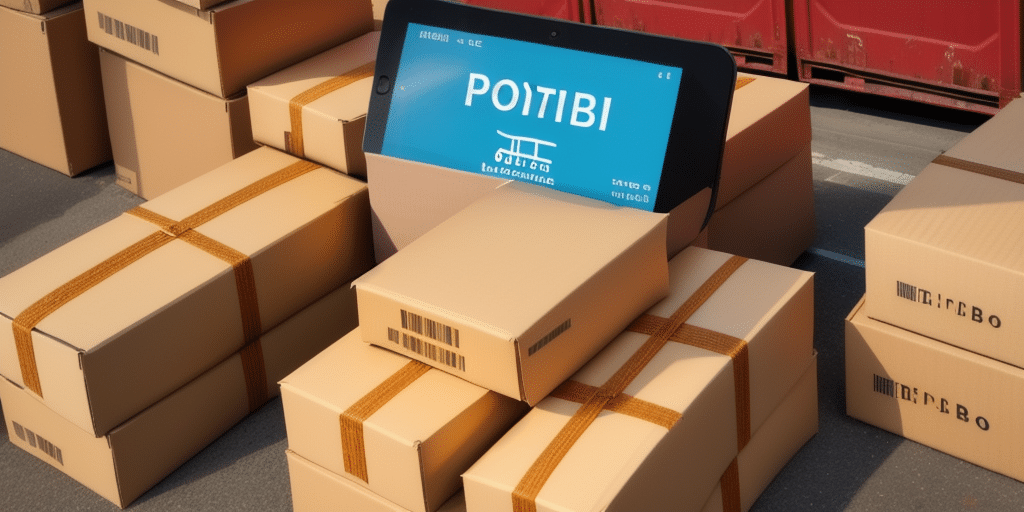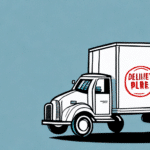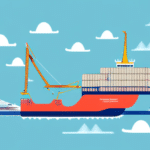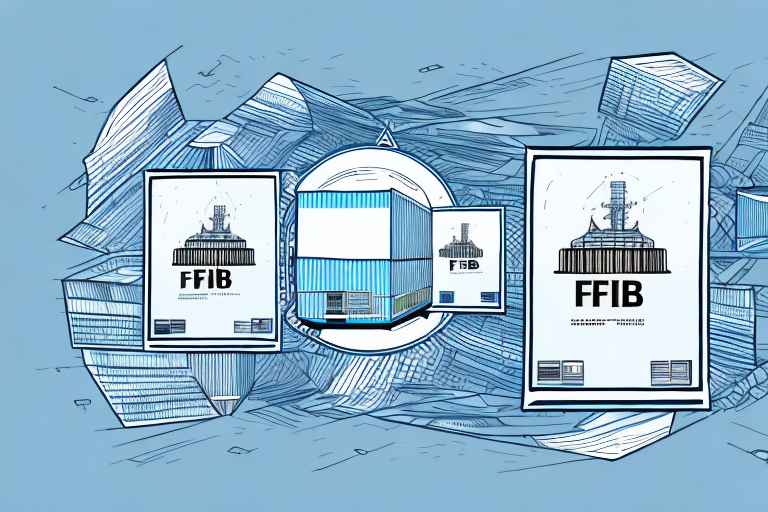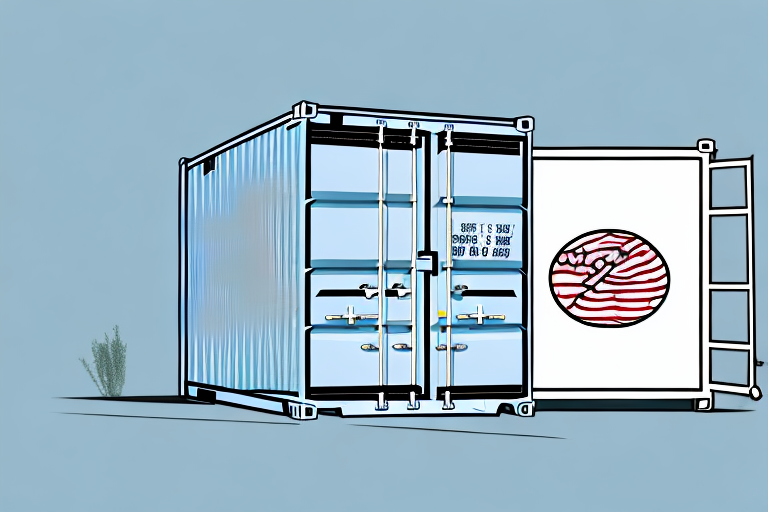Understanding FOB Destination
FOB Destination is a crucial shipping term in international trade that delineates the responsibilities and liabilities of buyers and sellers during the transportation of goods. This term ensures that the seller retains ownership and responsibility for the goods until they reach the buyer's specified destination.
What is FOB Destination?
FOB stands for "Free on Board," and when combined with "Destination," it means that the seller is responsible for the goods until they are delivered to the buyer's location. This arrangement includes all transportation costs, insurance, and any potential risks associated with the shipment until the goods arrive at the agreed-upon destination.
How FOB Destination Works
Under FOB Destination terms, the seller handles the logistics of transporting the goods from their origin to the buyer's location. This includes:
- Transportation Costs: The seller covers all expenses related to moving the goods.
- Insurance: The seller is responsible for insuring the goods during transit.
- Risk Management: Any loss or damage to the goods during transportation is the seller's responsibility until delivery.
Once the goods are delivered to the buyer's specified destination, ownership and responsibility transfer to the buyer.
Origins and Evolution of FOB Destination
The term FOB Destination has its roots in the maritime industry of the 19th century. Originally used to specify the point at which ownership of goods transferred from the seller to the buyer, it has evolved alongside the complexities of international shipping.
Historical Context
In the early days of maritime trade, merchants needed clear terms to define ownership and liability during shipping. "Free on Board" was established to indicate that the seller would cover all costs and risks until the goods were loaded onto the vessel. "Destination" was later added to specify that these responsibilities extended until the goods reached the buyer's port.
Modern Usage
Today, FOB Destination is a standard term in international trade, often used alongside Incoterms to provide a clear framework for transactions. It is widely adopted in various industries, including manufacturing, retail, and logistics.
Comparing FOB Destination with Other Shipping Terms
Understanding how FOB Destination compares to other shipping terms is essential for making informed decisions in international trade.
FOB Origin
FOB Origin, also known as FOB Shipping Point, means that the seller's responsibility ends once the goods are shipped. From that point, the buyer assumes all costs and risks associated with transportation.
CIF (Cost, Insurance, and Freight)
CIF is similar to FOB Destination but includes the cost of insurance and freight in the price. The seller is responsible for delivering the goods to the port of destination, including covering insurance during transit.
DDP (Delivered Duty Paid)
DDP places the maximum responsibility on the seller, who must deliver the goods to the buyer's location and cover all costs, including duties and taxes.
Advantages and Disadvantages of FOB Destination
Using FOB Destination offers several benefits and drawbacks for both importers and exporters.
For Importers
- Advantages:
- Greater control over the delivery process.
- Reduced risk as the seller bears responsibility until delivery.
- Disadvantages:
- Potentially higher costs compared to FOB Origin.
- Dependency on the seller for timely delivery.
For Exporters
- Advantages:
- Ability to offer comprehensive shipping services.
- Attracts buyers seeking less logistical hassle.
- Disadvantages:
- Increased costs and risks associated with transportation.
- Complexity in managing international shipping logistics.
Negotiating and Managing FOB Destination Terms
Effective negotiation and management of FOB Destination terms are critical to ensuring smooth transactions.
Key Negotiation Points
- Clear Definition of Responsibilities: Both parties should explicitly outline their obligations regarding transportation, insurance, and risk management.
- Insurance Coverage: Determine the extent of insurance coverage and who is responsible for obtaining it.
- Cost Allocation: Agree on who will bear specific costs, such as customs duties and taxes.
Incorporating Terms into Contracts
Ensure that all agreed-upon FOB Destination terms are clearly documented in the sales contract. This documentation should detail the responsibilities, payment terms, and any contingencies related to the shipment.
Common Misunderstandings and FAQs
Despite its widespread use, FOB Destination is often misunderstood. Clarifying these misconceptions can prevent costly errors.
Misunderstanding 1: FOB Destination Only Applies to Ocean Freight
While FOB Destination is commonly associated with ocean shipping, it can also apply to air freight and other modes of transportation.
Misunderstanding 2: Buyer is Responsible for Goods During Transport
Under FOB Destination terms, the seller retains responsibility for the goods until they reach the buyer's specified location.
Frequently Asked Questions
Q: What is the difference between FOB Destination and DDP?
A: While both terms involve the seller delivering goods to the buyer's location, DDP includes all costs related to delivery, including duties and taxes, whereas FOB Destination does not.
Q: Who pays for insurance in FOB Destination terms?
A: Typically, the seller is responsible for insuring the goods until they reach the destination. However, this can be negotiated between the parties.
Calculating Costs and Managing Risks
Accurate cost calculation and risk management are essential when using FOB Destination terms.
Cost Components
- Transportation Costs: Fees associated with moving the goods from the origin to the destination.
- Insurance: Coverage costs to protect against potential loss or damage during transit.
- Customs Fees and Duties: Taxes and fees imposed by the destination country.
Risk Management Strategies
- Comprehensive Insurance: Ensure adequate coverage for all potential risks during transportation.
- Due Diligence: Vet transportation providers and understand the logistical landscape of the destination port.
- Contractual Clarity: Clearly define all terms in the contract to minimize ambiguities.
The Future of FOB Destination in International Trade
As international trade evolves, so do shipping terms like FOB Destination. Emerging trends are shaping how these terms are applied and managed.
Technological Advancements
The integration of technology, such as blockchain and real-time tracking systems, enhances transparency and efficiency in managing FOB Destination shipments.
Sustainability Initiatives
There is a growing emphasis on sustainable shipping practices. Companies are increasingly considering the environmental impact of their transportation choices under FOB Destination terms.
Global Trade Agreements
Changes in international trade agreements and regulations continue to influence the application of FOB Destination, making it imperative for businesses to stay informed about geopolitical developments.
Conclusion
FOB Destination remains a vital shipping term in international trade, defining the responsibilities and liabilities of buyers and sellers. By understanding its intricacies, comparing it with other shipping terms, and implementing best practices in negotiation and risk management, businesses can navigate global markets effectively. Staying abreast of emerging trends and maintaining clear contractual agreements will further ensure successful FOB Destination transactions.















